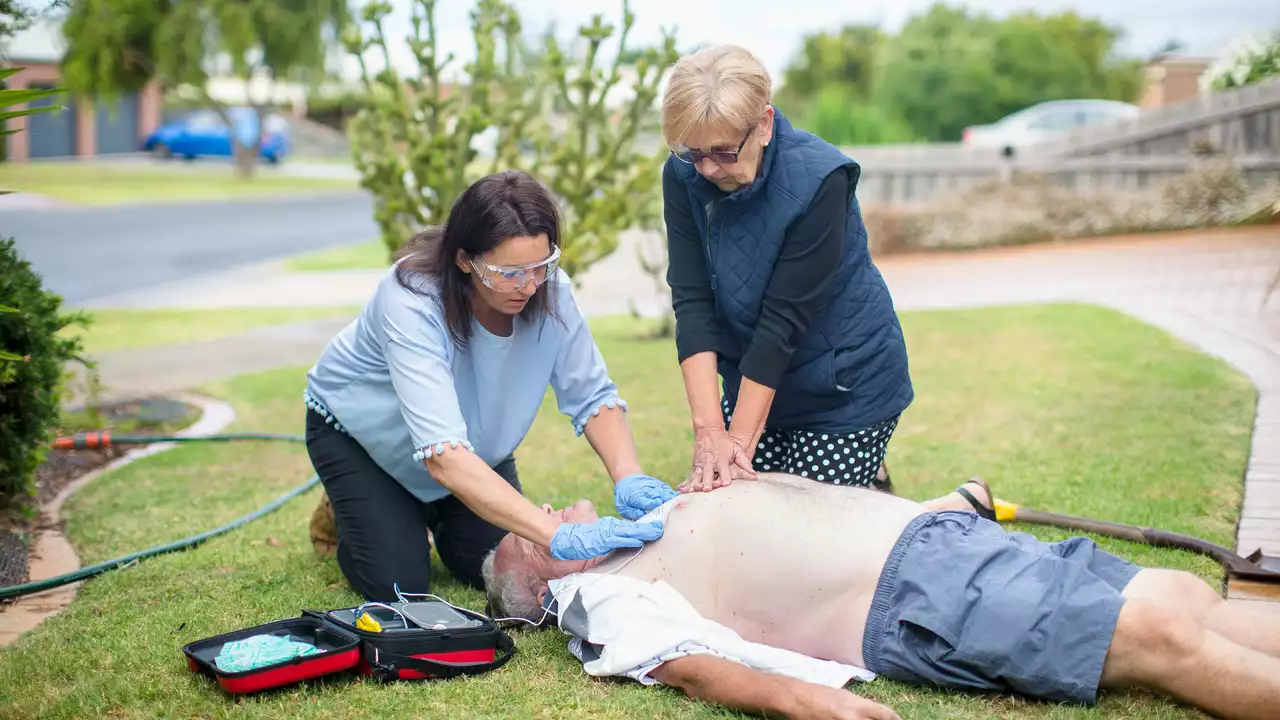Emergency Response: What It Means and Why It Matters
When talking about Emergency Response, the organized actions taken to protect lives and property during a crisis. Also known as crisis response, it covers everything from natural disasters to on‑field injuries. Emergency response isn’t a single task; it is a coordinated system that pulls in many specialists. One key component is Disaster Management, the planning, mitigation, and recovery processes that reduce the impact of large‑scale events. In simple terms, emergency response encompasses disaster management, meaning the two work hand‑in‑hand to keep communities safe. This relationship is the backbone of any effective safety strategy, whether you’re dealing with a flood, a fire, or a sudden health emergency at a stadium.
How Skills and Planning Shape a Strong Response
Another pillar of a solid emergency response is First Aid, basic medical care provided immediately after an injury or illness. Effective emergency response requires first aid training, because rapid care can mean the difference between a quick recovery and a serious outcome. Alongside medical know‑how, Public Safety, the collective effort to prevent and respond to threats affecting the public influences emergency response planning. When city officials, event organizers, and community volunteers work together, they create protocols that speed up decision‑making and resource allocation. Think of a packed stadium: security teams, medical staff, and local police all follow a shared plan, turning a potential chaos into a controlled, swift reaction.
Sports environments bring a unique twist to emergency response. Sports Injuries, physical harm that occurs during athletic activities are everyday examples of why quick response matters. From a sudden concussion on the pitch to a severe ligament tear during a training session, the principles of emergency response dictate how quickly teammates, coaches, and medics act. Our collection below showcases real‑world cases – a Chelsea‑Liverpool match where a fast goal changed tactics, a women's rugby semi‑final that set viewership records, and other moments where rapid decision‑making shaped outcomes. By understanding the link between emergency response and sports, you’ll see how the same strategies protect fans, athletes, and staff alike. Below, you’ll find a range of articles that illustrate these concepts in action, offering both the theory and the on‑ground examples you can apply next time the unexpected happens.
How can you survive a sudden cardiac arrest alone?
Surviving a sudden cardiac arrest when you're alone can be incredibly challenging, but it's not impossible. First things first, you need to recognize the signs - chest pain, shortness of breath, and fainting. If you're experiencing these, try to alert someone nearby or call emergency services immediately. While waiting for help to arrive, you can attempt a 'cough CPR', where forceful coughing might help your heart to regain its normal rhythm. Remember, every second counts, so acting swiftly is the key to survival.
